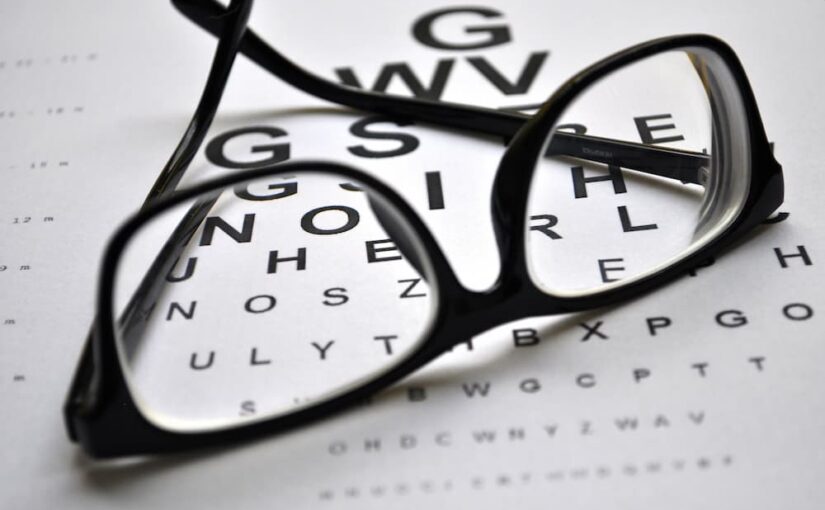If you have vision problems and wear glasses or contact lenses for any reason, you probably already receive regular eye exams. However, routine exams are important even if you don’t have vision problems as they can identify other health problems or determine if your vision is changing so you can resolve minor issues before they become major.
Why Are Eye Exams Important?
The condition of your eyes gives doctors better insight into your overall health. Whether your vision has changed recently or not, you should schedule regular eye exams because the doctor can analyze your eyes’ condition to determine if you have any hidden health conditions. Serious health problems such as diabetes, lupus, glaucoma, and high blood pressure can often be diagnosed based on your eyes’ condition. Regular eye exams can also identify minor changes in vision so you can correct them before they start interfering with your quality of life.
Which Type of Eye Doctor Should You See?
A comprehensive eye exam can be performed by either an optometrist or an ophthalmologist. An optometrist is an eye specialist who generally administers vision tests and prescribes glasses and contact lenses as needed. An ophthalmologist is a licensed medical doctor who is certified to perform surgery on eyes as needed. If you don’t have vision problems, you may want to visit an optometrist but if you are experiencing severe changes in your vision or suspect you need eye surgery, an ophthalmologist such as Dr. John Frangie at Northeast Laser may be a better fit.
How Often Should You Get an Eye Exam?
If you are aware you have vision problems and wear contact lenses or glasses, you should have your eyes checked yearly. You can skip yearly visits if you don’t have vision problems, but you should still use the following guidelines for routine eye checkups.
- People between the ages of 20 and 39 should visit the eye doctor every five years.
- People between the ages of 40 and 54 should have their eyes checked at least every four years.
- People between the ages of 55 and 64 should get eye exams every three years.
- People over the age of 65 should have their eyes checked every two years.
What Does an Eye Exam Entail?
An eye doctor will check for disease or vision problems at a routine eye exam. He or she may first dilate your pupils to get a better look at the nerves and blood vessels in your eye. Although your vision may be slightly blurry and sensitive to bright lights for a few hours, dilation is not painful. The doctor will also have you read from an eye chart and check different visual elements such as color perception and peripheral vision. Finally, you can expect the doctor to examine your pupils’ reactions to light and ensure eye muscles are functioning properly.
Regular eye exams should be part of your wellness routine. Not only can they help you identify and correct minor vision problems before they become problematic, but they can also alert the doctor to serious hidden medical conditions. The experts at Northeast Laser in West Springfield, MA are here to perform routine eye exams to help avoid major vision problems so you can live your best life. Contact us to schedule an appointment to have an eye exam performed by one of our vision experts. Call (413) 363-2732 today!
Featured Image: Zsido/Shutterstock

